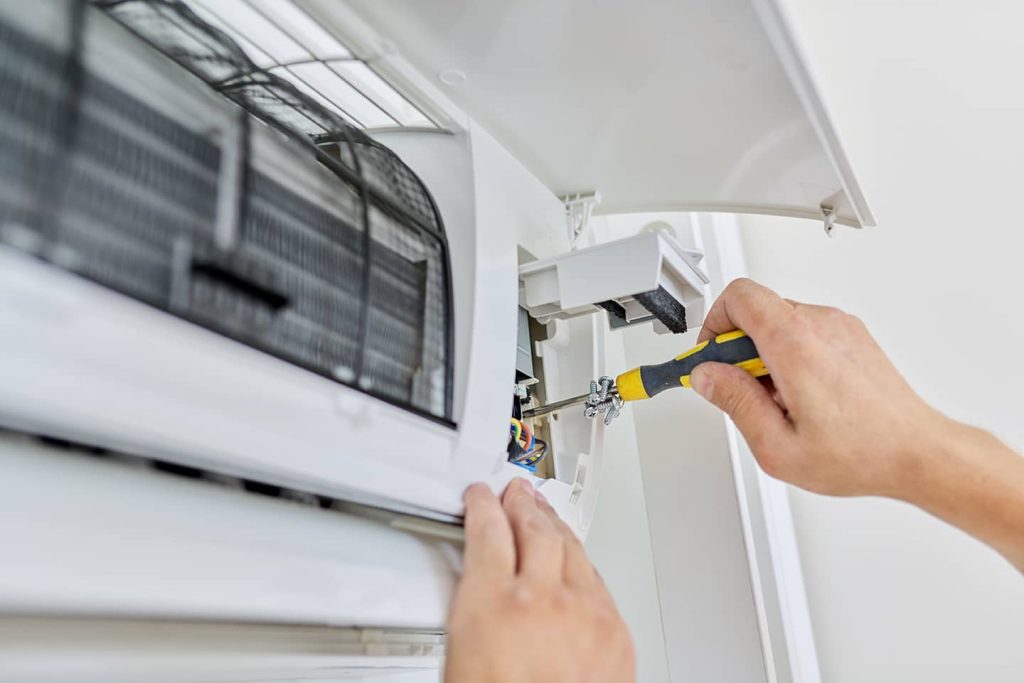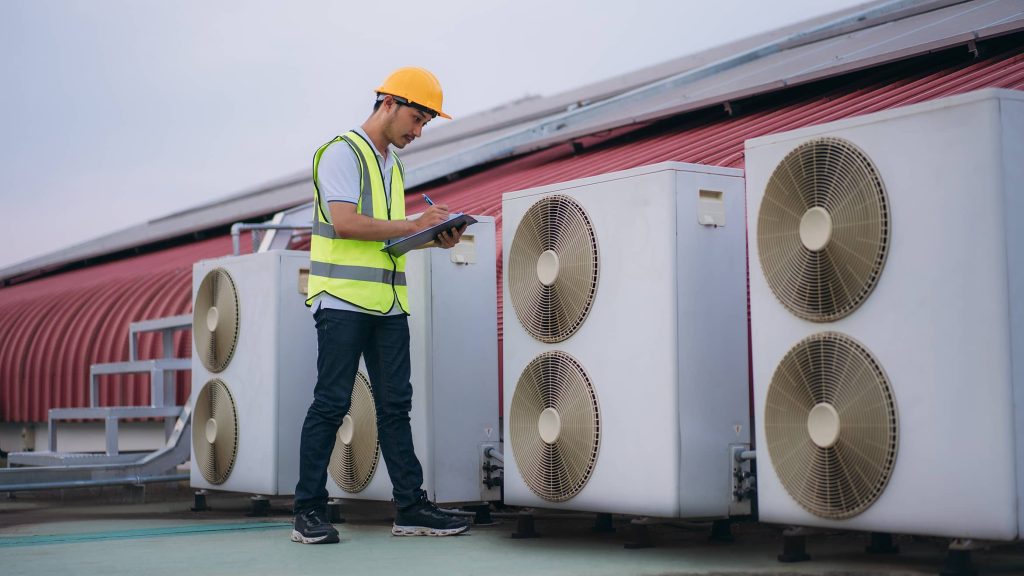Air-conditioning
Why Choose Us
Affordable
Professional
High Quality

What is Air Conditioning?
Air conditioning is a technology that involves the modification of air temperature and humidity within an enclosed space to create a more comfortable environment. It typically uses a system of refrigeration to cool and dehumidify air, enhancing the overall quality of indoor air.
The basic components of an air conditioning system include a compressor, condenser, evaporator, and expansion valve, working together to transfer heat from inside a building to the outside. This process involves the circulation of a refrigerant, which undergoes phase changes to absorb and release heat.
Apart from cooling, air conditioning systems often incorporate features like air filtration, ventilation, and humidity control to optimize indoor comfort and health. They are commonly used in residential, commercial, and industrial settings to maintain a pleasant and consistent indoor climate, especially in regions with extreme temperatures.
The energy efficiency and environmental impact of air conditioning systems have become significant considerations in recent years, leading to the development of more sustainable technologies and practices in the industry.
Air Conditioning
-
Temperature Control
Air conditioning systems regulate indoor temperatures by removing heat from the air and circulating cool air throughout a space. This process is crucial for creating a comfortable environment, especially during hot weather.
-
Dehumidification
Air conditioners reduce humidity levels by condensing moisture from the air. Lowering humidity not only enhances comfort but also helps prevent issues like mold growth and improves overall indoor air quality.
-
Air Filtration
Many modern air conditioning units come equipped with air filters that capture dust, allergens, and pollutants, contributing to cleaner air. This feature is beneficial for individuals with respiratory conditions and promotes a healthier living or working environment.
-
Energy Efficiency
Advances in technology have led to the development of energy-efficient air conditioning systems, which not only reduce electricity consumption but also minimize environmental impact. Energy-efficient models often include features such as programmable thermostats and variable speed fans.

